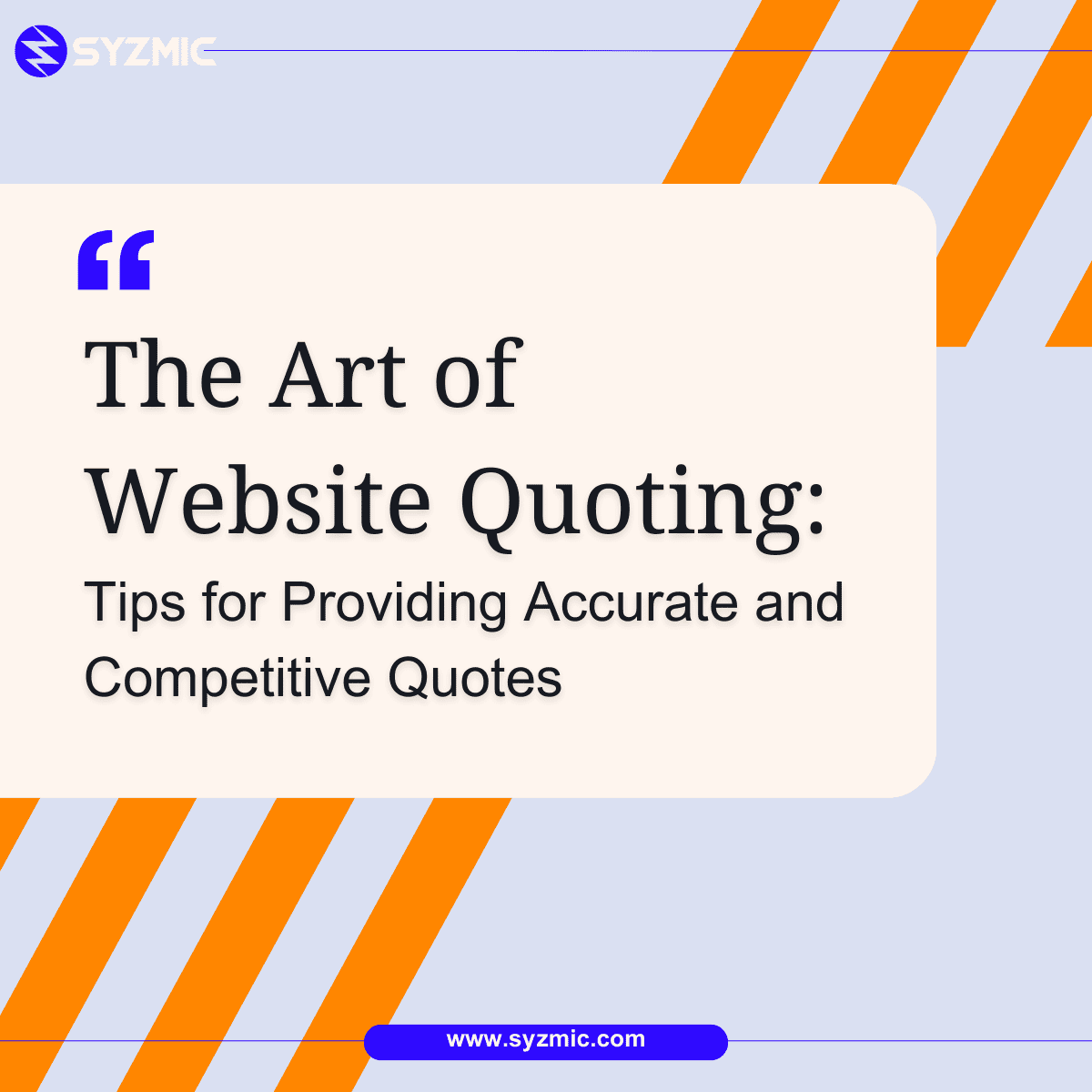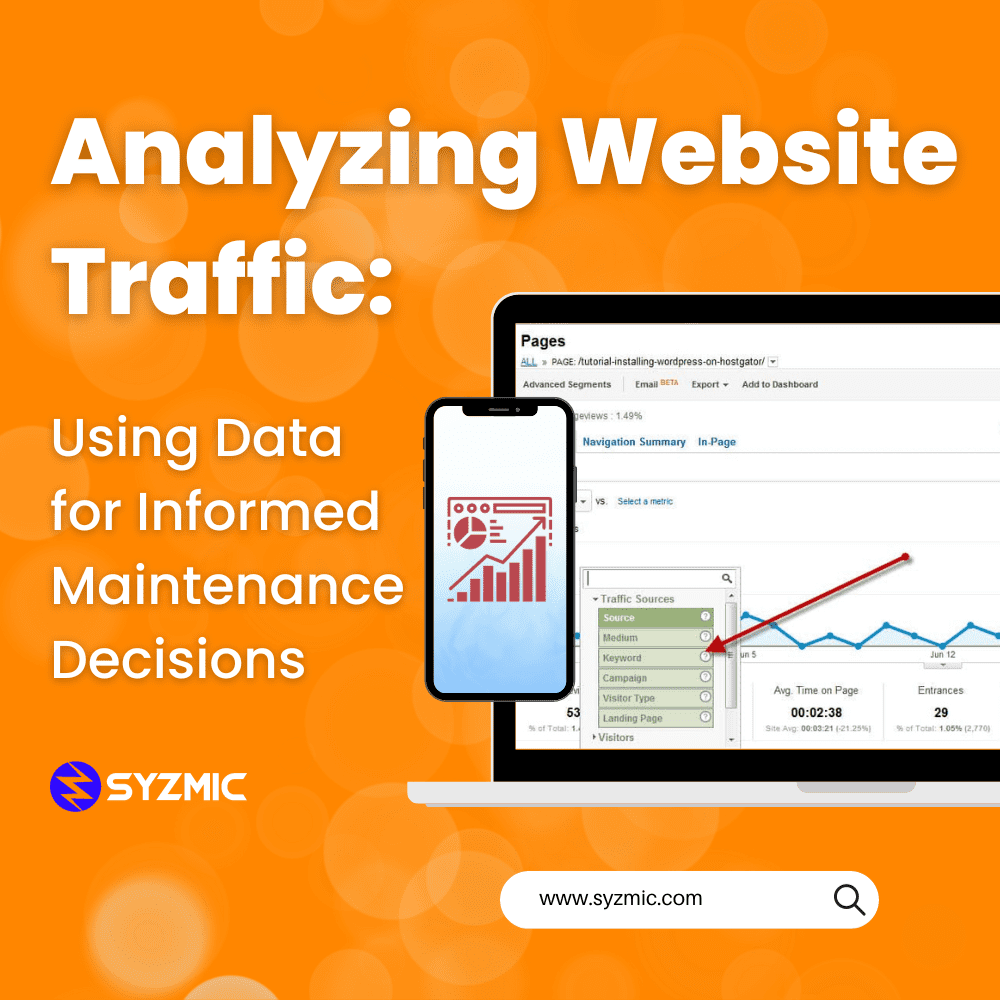Quoting is a critical aspect of the website development process. Providing accurate and competitive quotes not only helps you win projects but also sets the foundation for successful client relationships. However, quoting for website projects can be challenging, as there are various factors to consider. In this blog post, we will explore the art of website quoting and provide valuable tips to help you deliver accurate and competitive quotes that align with client expectations.
Understand the Project Requirements:
Before providing a quote, it’s essential to thoroughly understand the project requirements. Schedule a discovery meeting or have a detailed conversation with the client to gather all necessary information. Understand their goals, desired features, functionality, and design preferences. Ask questions to clarify any uncertainties and ensure a comprehensive understanding of the project scope. Clear communication and understanding are crucial for providing an accurate quote.
Break Down the Project Scope:
Break down the project scope into individual tasks or deliverables. Identify the key components, such as design, development, content creation, and integration of third-party tools. By breaking down the project into smaller tasks, you can estimate the time and resources required for each component. This approach allows for a more accurate quote, as it takes into account the complexity of each task and the effort involved.
Consider Customization and Complexity:
Websites vary in complexity, ranging from simple informational sites to complex e-commerce platforms or custom web applications. Consider the level of customization and complexity involved in the project when providing a quote. Custom designs, advanced functionality, integrations with external systems, or extensive content migration may require additional time and resources. Assess the project requirements to determine the level of customization and complexity involved and adjust your quote accordingly.
Factor in Development Time and Testing:
Development time is a critical component of website quoting. Consider the time required for front-end and back-end development, including coding, database setup, and testing. Account for the time needed to ensure cross-browser compatibility, responsive design, and user testing. Factor in the time required for revisions and client feedback, as iterations and modifications are often part of the development process.
Include Maintenance and Support: Website projects often require ongoing maintenance and support after the initial development. Consider including a maintenance and support plan in your quote, outlining the services you will provide post-launch. This can include security updates, bug fixes, content updates, and ongoing technical support. Offering maintenance and support options can add value to your quote and help build long-term relationships with clients.
Research Competitive Pricing: Researching competitive pricing is essential to provide quotes that are both accurate and competitive. Take the time to understand the market rates for similar website projects in your region or industry. Consider the level of expertise and quality of service you provide when determining your pricing strategy. While it’s crucial to be competitive, make sure your quote reflects the value you offer to the client.
Mastering the art of website quoting requires a thorough understanding of project requirements, careful breakdown of the scope, consideration of customization and complexity, accurate estimation of development time and testing, inclusion of maintenance and support, and research of competitive pricing. By following these tips and adopting a client-centric approach, you can provide accurate and competitive quotes that set the stage for successful website projects. Remember, clear communication, understanding client expectations, and delivering value are key to building long-term relationships and fostering client satisfaction in the website development industry.








0 Comments